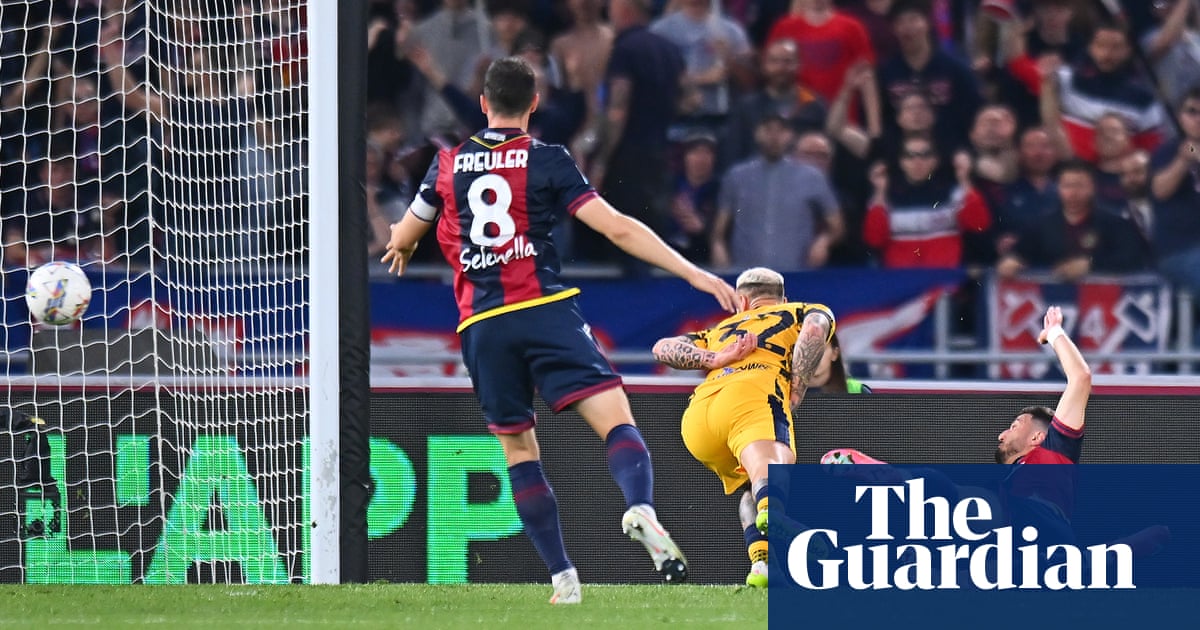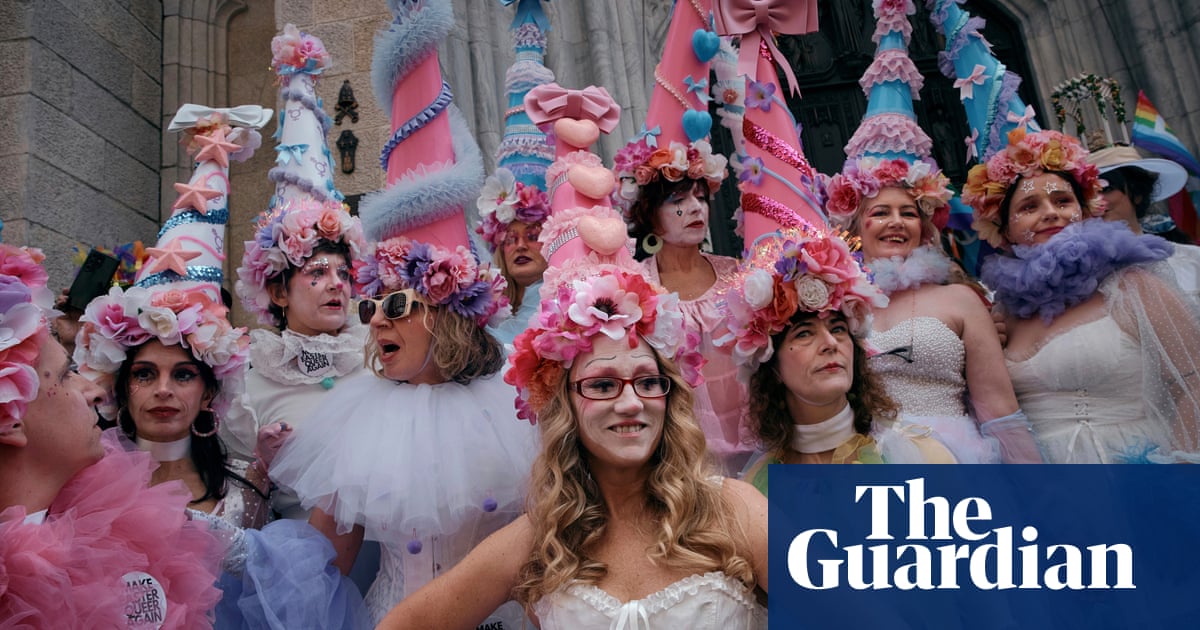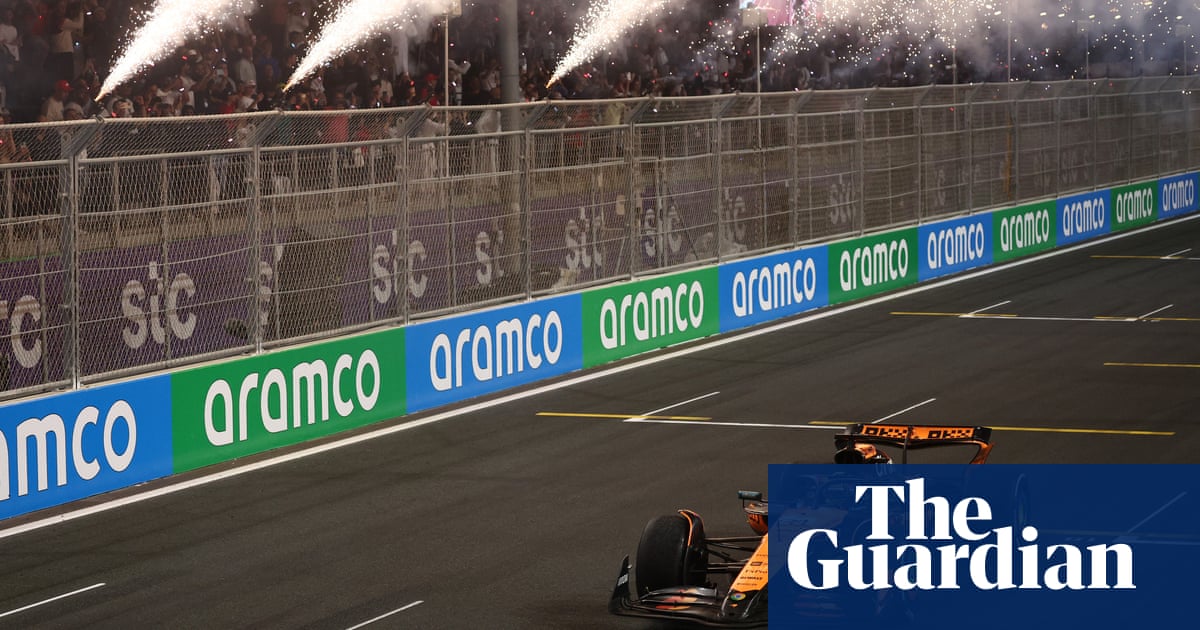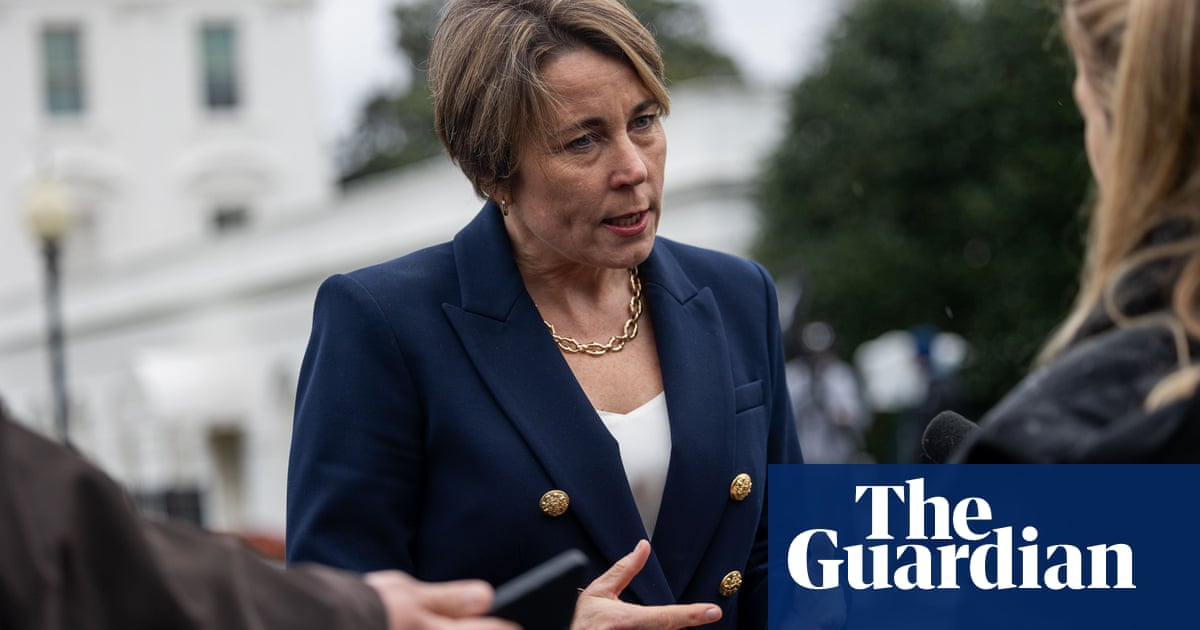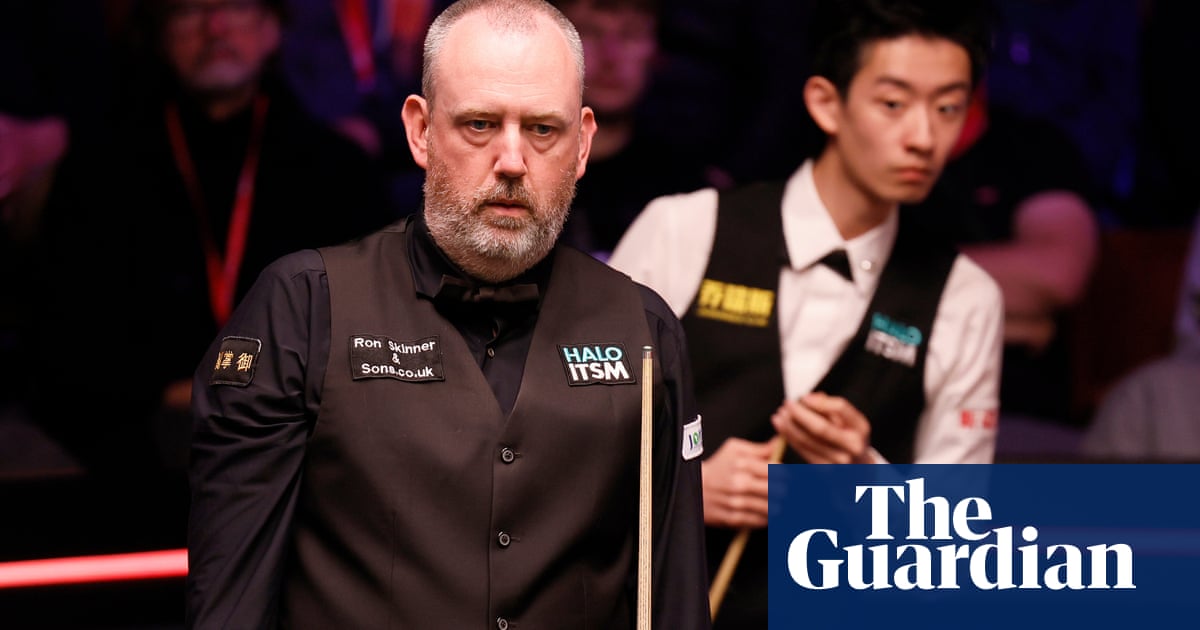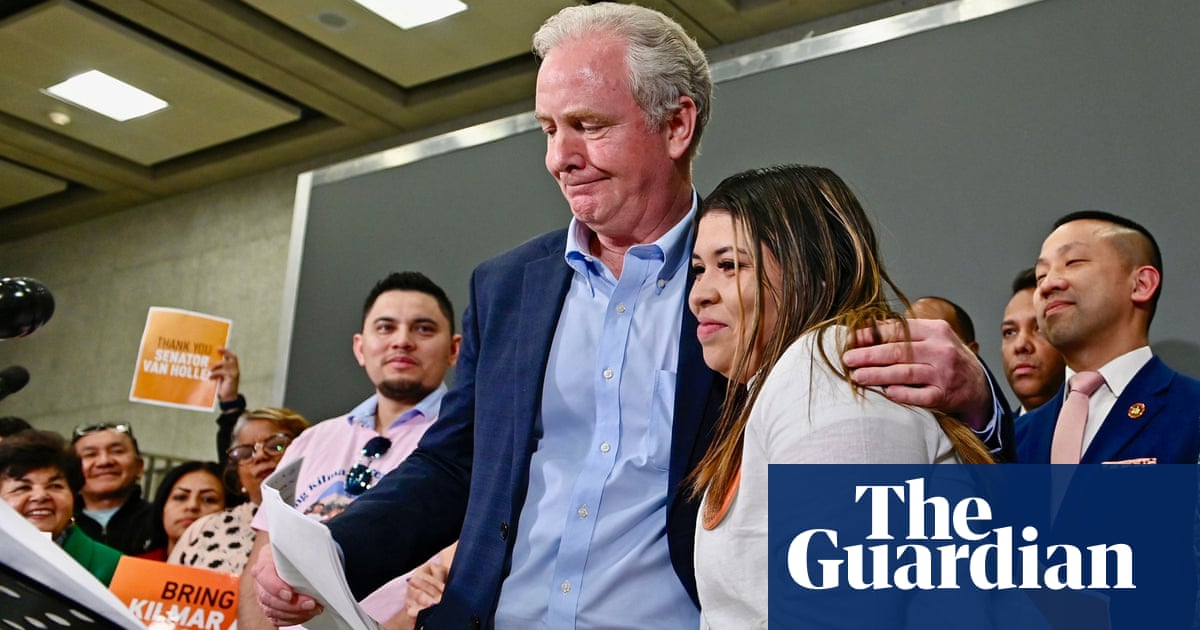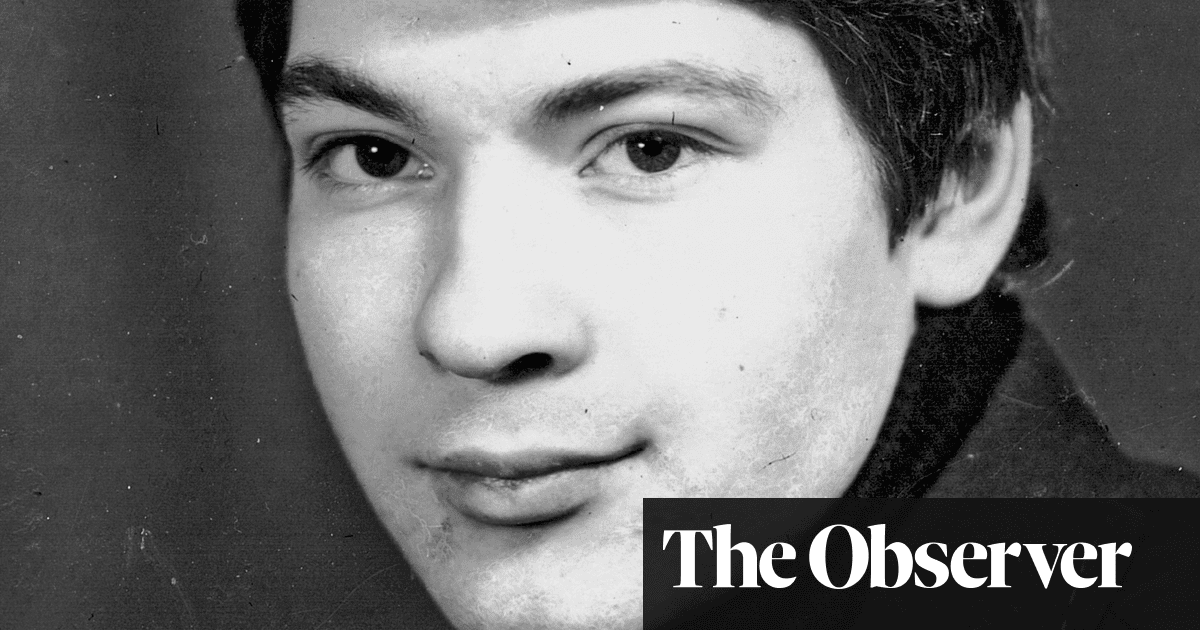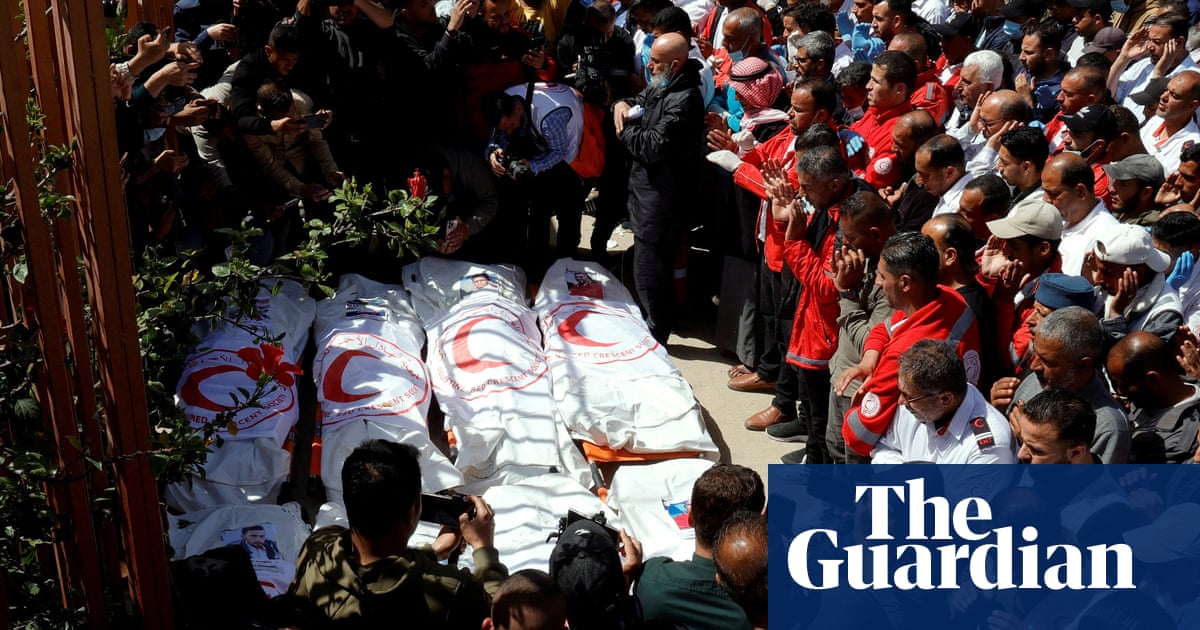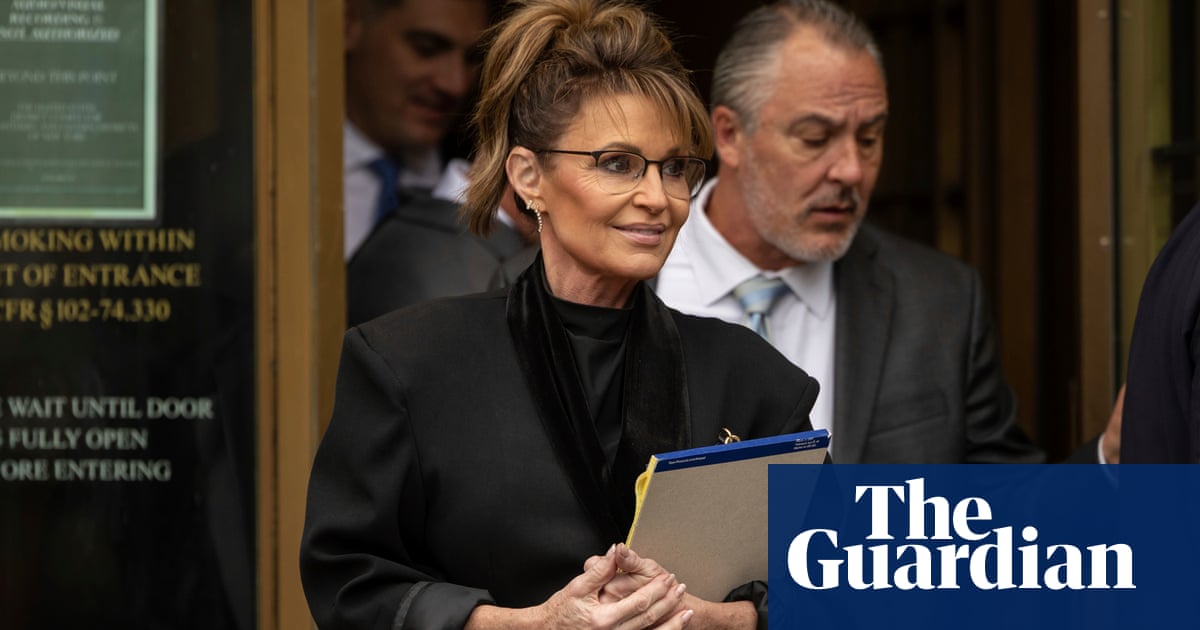Conclave, Edward Berger’s papal thriller about a conflicted cardinal overseeing the election of the new pope, heads into next month’s Bafta awards with the most nominations. It is in the running for 12 awards – one more than its closest rival, Jacques Audiard’s much-decorated transgender musical Emilia Pérez.
Based on the novel by Robert Harris, Berger’s film will hope to repeat the surprise sweep of his previous film, All Quiet on the Western Front, which won seven awards at the ceremony two years ago, including best picture and best director.
As well as nods in those categories for Peter Straughan’s screenplay and a clutch of craft awards, actors Ralph Fiennes and Isabella Rossellini are up in the leading actor and supporting actress categories.
Fiennes will compete against current favourite Adrien Brody for his role in Brady Corbet’s epic postwar drama The Brutalist, which is also up for best film and best director, supporting actress (Felicity Jones), supporting actor (Guy Pearce) and four other awards. Both men will be keenly charting the progress of fellow nominee Timothée Chalamet, who has won plaudits but not yet awards for his portrayal of Bob Dylan in A Complete Unknown, which is in the running in six categories.
Hugh Grant – who last won in 1995 for Four Weddings and a Funeral – was a dark horse inclusion in the best actor shortlist for his revelatory turn in horror film Heretic, as was Sebastian Stan for his portrayal of Donald Trump in The Apprentice. Joining them are Colman Domingo for prison drama Sing Sing, which is up for three awards.
When the Bafta longlists were revealed a fortnight ago, there was surprise that three of the actors assumed to be shoo-ins in the leading actress race were absent: Maria’s Angelina Jolie and Tilda Swinton and Julianne Moore for The Room Next Door – both dramas were entirely locked out of contention.

On Wednesday, frontrunner Nicole Kidman for Babygirl failed to make the final cut, meaning the category looks remarkably hard to predict, with Demi Moore the likely leader, off the back of her Golden Globe win for body horror The Substance, closely followed by Emilia Peréz’s Karla Sofía Gascón and Wicked’s Cynthia Erivo.
Marianne Jean-Baptiste has made the shortlist for her excoriating performance in Mike Leigh’s Hard Truths, as has Mikey Madison for sex worker romance Anora and Saoirse Ronan for alcoholic memoir The Outrun. Pamela Anderson failed to make the cut for her role in The Last Showgirl, although her co-star Jamie Lee Curtis is up for supporting actress, alongside the likes of Wicked’s Ariana Grande and frontrunner Zoe Saldana, for Emilia Peréz.
Fourteen of the 24 acting nominees are on Bafta’s lists for the first time – testimony to the scope of talent around, says Bafta chair Sara Putt, and their organisations energetic attempts to ensure their 8,100 voters watch a wide breadth of films in contention.
This also means that significant veteran stars such as Jolie and Kidman are shut out. Denzel Washington had been hoping to score his first ever Bafta nomination, aged 70, for his showstopping turn as a mercenary in Ridley Scott’s Gladiator II. But it was not to be, and the double Oscar-winner joins Daniel Craig in the ranks of the disappointed, as the latter’s transformative performance in Luca Guadagnino’s Queer was also overlooked.
Both of Guadagnino’s films released in 2024 missed out on nominations, which were announced in London by Will Sharpe and Mia McKenna-Bruce. As well as a lack of love for Queer, his tennis love triangle, Challengers, also failed to land anticipated nominations for its screenplay and Zendaya’s performance.
“It’s a very competitive year,” said Putt. “It’s also a very open year – nobody’s calling it.” She also highlighted the remarkable scope within the 10-strong best picture shortlist, with at least six genres represented, from horror to comedy and musicals.
While Bafta has introduced gender parity quotas at its longlist stage in key behind-the-scenes categories, these failed to be replicated on the shortlists, with only one female director making the cut: The Substance’s Coralie Fargeat, who joins Berger, Corbet, Audiard, Anora’s Sean Baker and Denis Villeneuve, for Dune: Part Two.

Putt re-emphasised that less than a quarter of the films submitted for consideration were by female directors. Meanwhile, Fargeat is also the only solo female writer on two screenplay shortlists, and one of only three women of the 19 credited across the categories.
Four of the nominees for outstanding British film are directed by women – Andrea Arnold’s Bird, Ellen Kuras’s Lee, Rose Glass’s Love Lies Bleeding and Nora Fingscheidt’s The Outrun – while three of the five contenders for outstanding debut by a British writer, director or producer were directed by women (Luna Carmoon’s Hoard, Sandhya Suri’s Santosh and Karan Kandhari’s Sister Midnight).
Following a backlash to the 2020 nominations, where all of the acting nominees were white, Bafta radically reformed its voting contingent and protocols. A total of 1,000 new voters were enrolled, many of them women and people of colour, and compulsory viewing of 15 randomised titles introduced.
Bafta’s picks are now correspondingly more radical than those of its peers at the Golden Globe and Academy Awards – particularly at the shortlist stage.
The Oscar nominations had been scheduled to take place this Friday, but the wildfires in Los Angeles have meant these have been pushed back until next Thursday. Other awards season staples – such as the Bafta tea party and the Oscar nominees lunch – have been cancelled.
The Baftas will take place on 16 February, with David Tennant returning to host. The Oscars are still scheduled to follow a fortnight later, on 2 March, with Conan O’Brien taking over from Jimmy Kimmel at the podium.

 3 months ago
50
3 months ago
50
